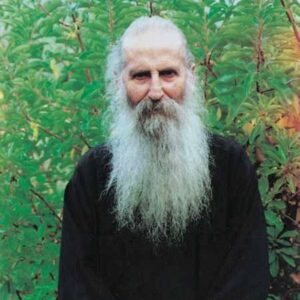By St. Luke of Simferopol
For many years I have been preaching the gospel of Christ to many different people, and now I am preaching to you, my beloved flock. I tried my best to teach you the highest Christian virtues. I really wanted you to understand the law of Christ well and apply it in your life. I have untiredly called you to Christian perfection, because the Lord asks us, "Be perfect, even as your Father who is in heaven is perfect" (Matt. 5:48).
I have always operated in this manner. The holy apostle Paul, the bearer of the Holy Spirit, who had the mind of Christ and had acquired the highest wisdom, before which mine is very weak, did likewise. Listen to what he says: “And I, brethren, could not speak to you as to spiritual people but as to carnal, as to infants in Christ. I fed you with milk and not with solid food; for until now you were not able to receive it, and even now you are still not able; for you are still carnal. For where there are envy, strife, and divisions among you, are you not carnal and behaving like mere men?" (1 Cor. 3:1-3).



















